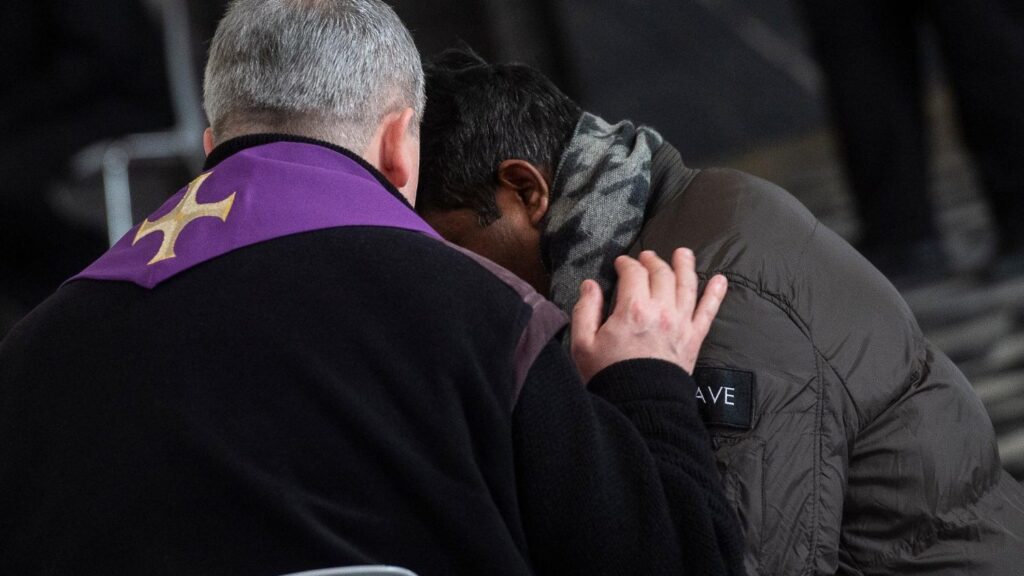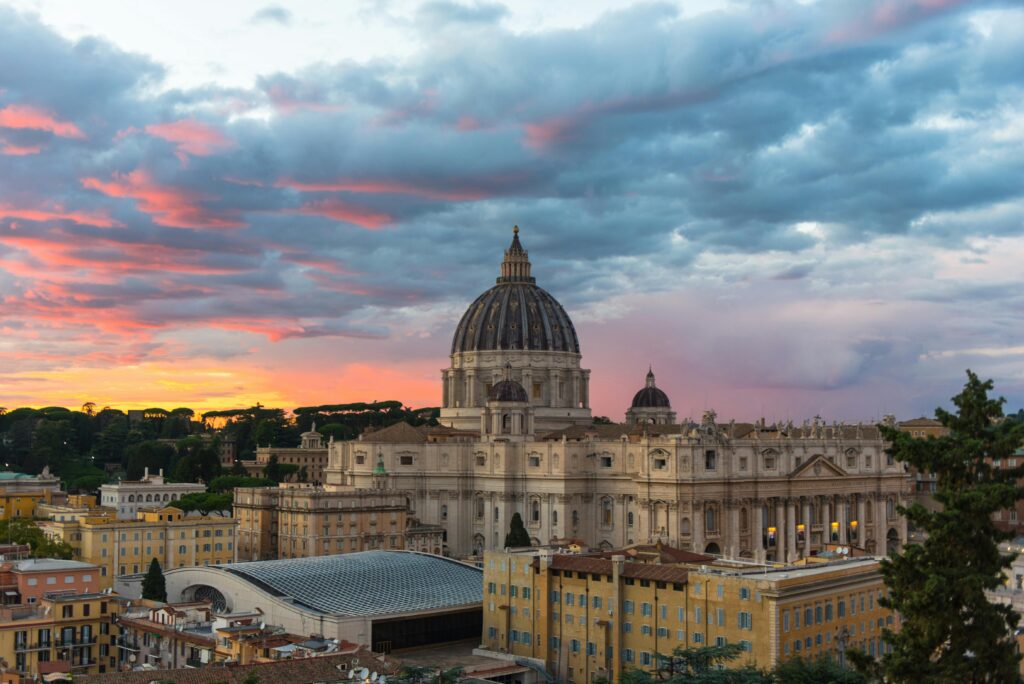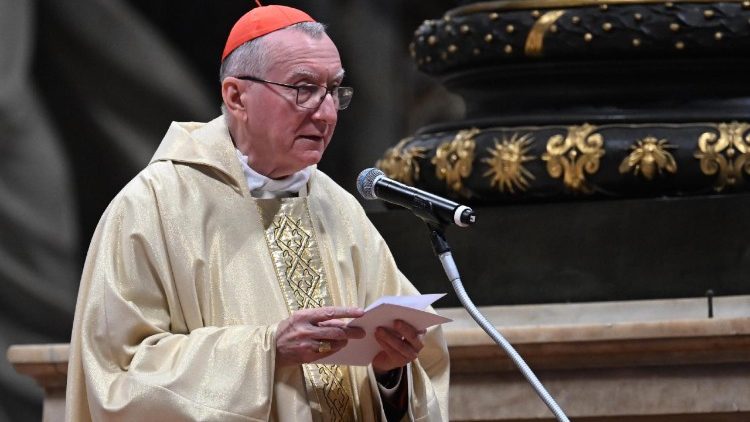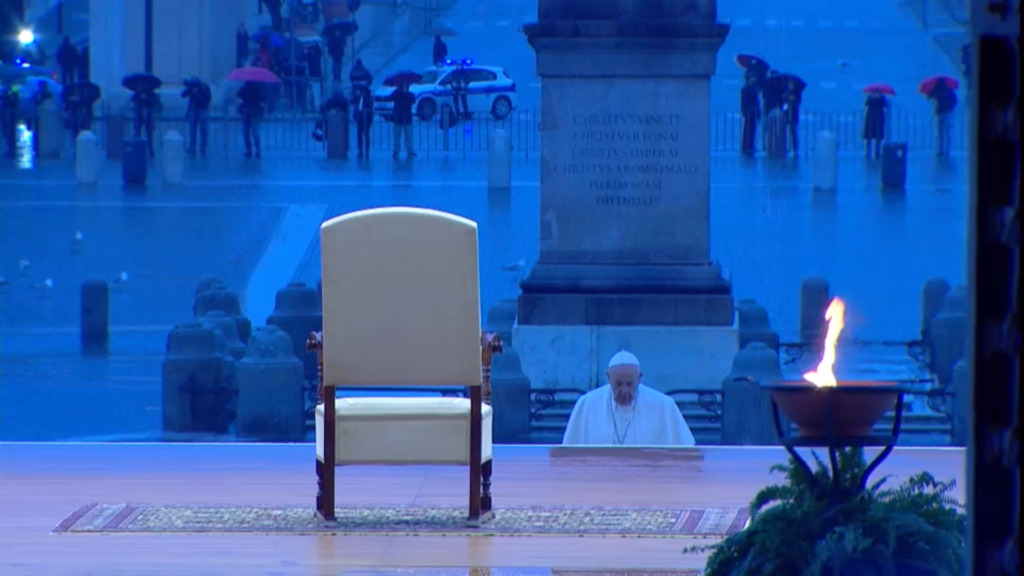Indulgence, remission and forgiveness in Jubilee 2025
Indulgence, a way to experience divine mercy, already has detailed guidelines for the next jubilee year

As expressed by Pope Francis already in the bull of convocation of the Extraordinary Jubilee of Mercy of 2015, the gift of Indulgence “allows us to discover how limitless the mercy of God is.” Today, summoned to the Ordinary Jubilee of 2025, in a historical moment in which “humanity – says the Holy Father in the announcement of last May 9 – is subjected to a new and difficult test that sees numerous populations oppressed by the brutality of violence”, is more relevant than ever “that jubilee grace that is indulgence”. The Apostolic Penitentiary has been in charge of how to obtain it, which, this Monday, May 13, in memory of the Virgin of Fátima, has made public the decree with the indications and regulations on the granting of that special “grace”, during the Jubilee that approximates.
The pilgrimages: Rome and Jerusalem
Signed by Cardinal Angelo De Donatis, Major Penitentiary, and Monsignor Krzysztof Nykiel, regent of the penitentiary, the document entitled “Norms on the granting of indulgences”, clarifies, first of all, that “during the Ordinary Jubilee of 2025 any another grant of indulgence” and that, therefore, under the usual conditions it will also be possible to obtain it and apply it “to the souls in purgatory in the form of suffrage.”
The decree of the Apostolic Penitentiary highlights, in a special way, participation in pilgrimages, both those carried out to Rome in “at least one” of the four Major Papal Basilicas (St. Peter’s in the Vatican, the Most Holy Savior in the Lateran , of Saint Mary Major, of Saint Paul Outside the Walls) and to the Holy Land in at least one of the three Basilicas (of the Holy Sepulcher of Jerusalem, of the Nativity of Bethlehem or of the Annunciation of Nazareth).
Of indulgence in the world
The document specifies that the indulgence can also be obtained by participating in the Mass, the Rosary, the Way of the Cross and other celebrations on pilgrimage “to any sacred jubilee place” or “in other ecclesiastical circumscriptions”, cathedrals and churches, according to the provisions of the bishops local.
Likewise, it indicates other sacred places in Rome and the world as pilgrimage destinations – including the great sanctuaries and basilicas such as Assisi, Loreto and Pompeii – and also highlights the modalities to obtain the indulgence of those who “for serious reasons” (cloistered nuns, sick, prisoners, etc.) will not be able to participate in pilgrimages and celebrations.
Mercy and penance
In line with Spes non confundit, where Francis affirms that “in the Jubilee Year we will be called to be tangible signs of hope for so many brothers and sisters who live in conditions of hardship,” the Penitentiary Norms clarify that indulgence is “linked also to works of mercy and penitence”. The invitation to believers is, then, to rediscover the corporal and spiritual works of mercy, so by choosing to visit the sick, the prisoners, the lonely elderly, people with different abilities, it will be possible to obtain indulgence in every visit, even once a day.
The same possibility is linked, the document continues, to initiatives “that concretely and generously implement the penitential spirit that is like the soul of the Jubilee”, in particular, rediscovering “the penitential value of Friday” with abstention “at least for one day ” from “real, but also virtual” distractions (such as those induced by the media and social networks), from “superfluous consumption”, practicing fasting as indicated by the Church, for example, “donating a proportionate sum of money to the poor” or “supporting works of a religious or social nature”, in favor of the defense and protection of life, of abandoned children, of young people in difficulty, of the elderly in need or alone, of emigrants, or even “dedicating an adequate portion of free time to volunteer activities.”
The Sacrament of Penance
The Holy Year, says the Penitentiary when presenting the Norms, is a special period to experience divine forgiveness. For this reason, in the final part, space is given to everything that facilitates access to Confession, with a series of faculties granted to the bishops in this sense and with an invitation to all priests “to offer with generous availability and dedication of themselves the broadest possibility for the faithful to avail themselves of the means of salvation”.
Practical indications are also suggested, such as the publication of “time slots for confessions”, the exhortation to “meet in the confessional, scheduling penitential celebrations on a fixed and frequent basis”, also asking for help from elderly priests who do not have pastoral obligations. A final recommendation to bishops is that they take care to explain “clearly the provisions and principles” underlying the granting of indulgences, with training that takes into account “in a particular way the circumstances of place, culture and traditions” of each town.
Related

On April 5 and 6, pilgrims from around the world will celebrate the Jubilee for the Sick
Exaudi Staff
04 April, 2025
4 min

John Paul II: The Tireless Pilgrim Who Continues to Inspire the World
Exaudi Staff
03 April, 2025
2 min

Mass in Commemoration of the 20th Anniversary of the Death of John Paul II
Exaudi Staff
01 April, 2025
1 min

Five Years After Statio Orbis: Hope in the Midst of the Storm
Exaudi Staff
27 March, 2025
2 min
 (EN)
(EN)
 (ES)
(ES)
 (IT)
(IT)

